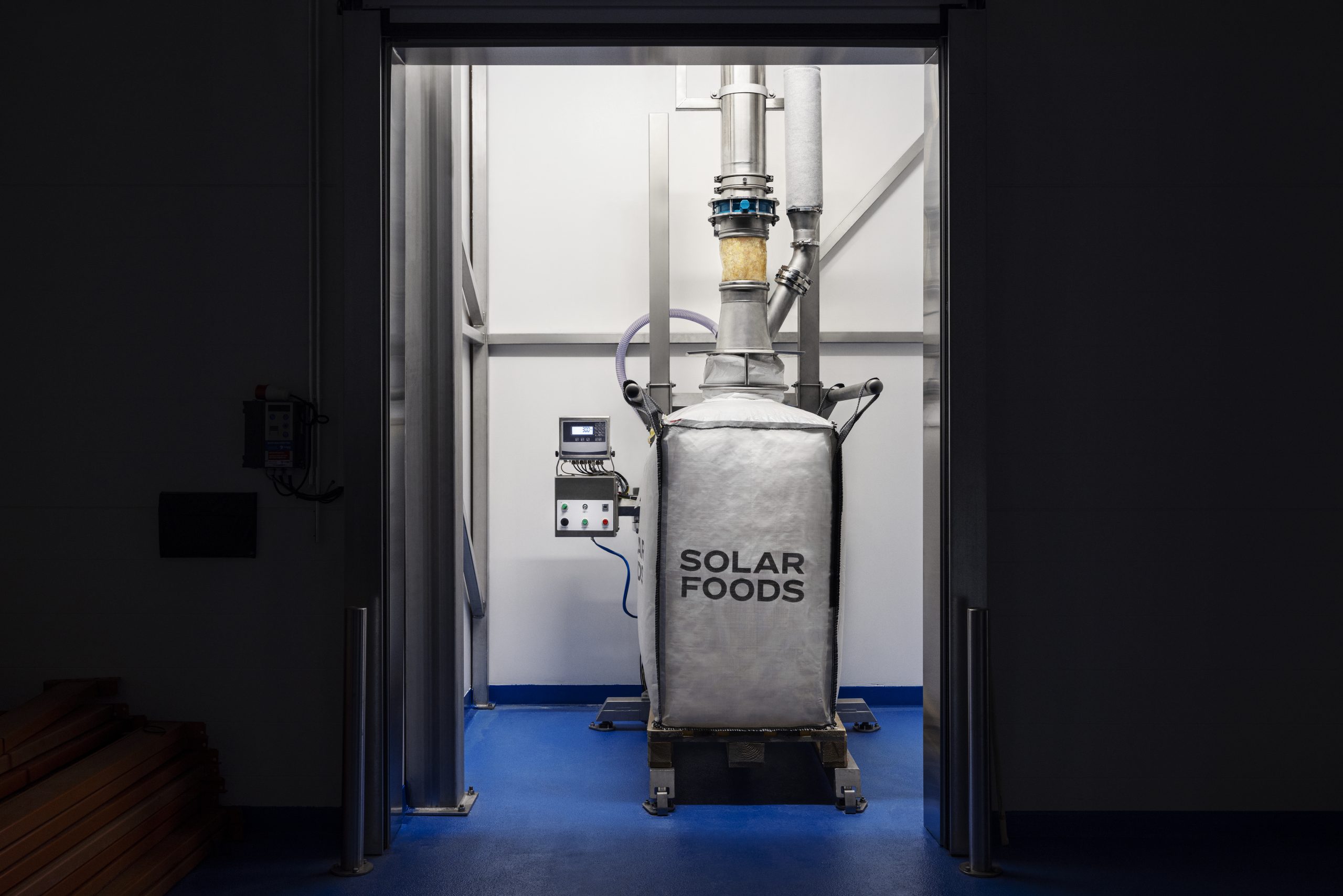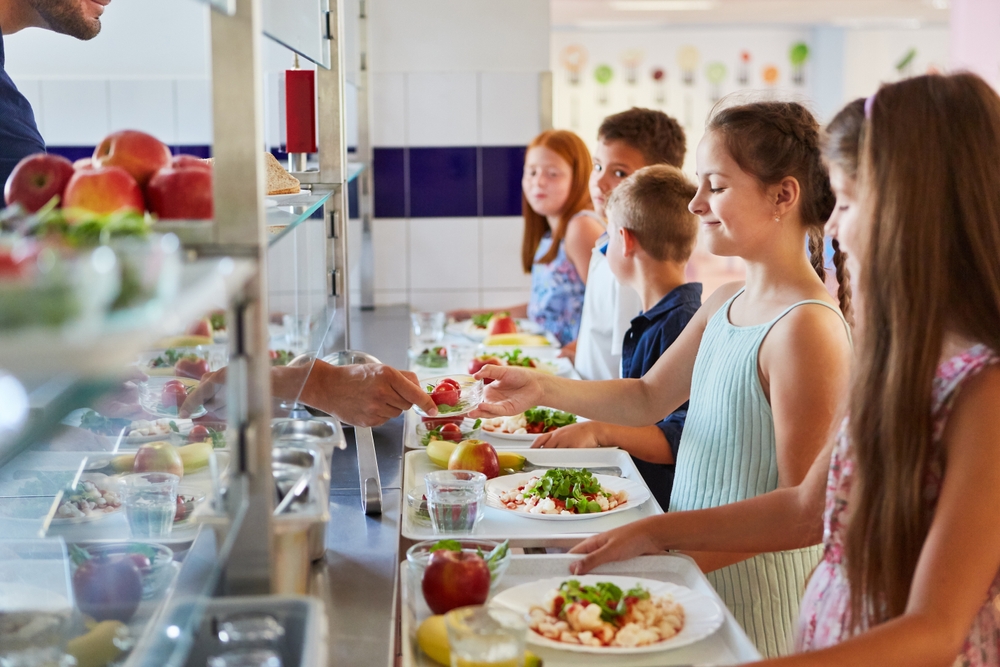In the food desert of Chicago’s South Side, a half hour drive is often necessary if you want to avoid shopping at a fast food restaurant or gas station. Yet change is around the corner. Between the sprawl and the empty lots, a little food utopia is unfolding. An old meat-packing building from the 1920s has been remodeled to serve as a year-’round urban farm. Inside, fish and produce like tilapia and mushrooms are being raised, while a shared kitchen will help sustainable food businesses develop. An inside market offers fresh produce as well as community, and all of it is meant to contribute to a local economy around healthy food.
The Plant is a 93,500-square-foot “vertical farm.” Vertical farming means that farming happens on multiple stories of a building and from floor to ceiling on each story. John Edel founded The Plant; he had been dreaming of a project that was both industrial and sustainable for years. After purchasing the building in 2010, he started renovating with a group of volunteers.
The Plant produces as much energy as it consumes by using an anaerobic digester—which turns waste into energy—and a combined heat and power system. The farm also experiments with hydroponics (growing plants in water without soil) and aquaponics (raising fish in tanks—combined with hydroponics). Eventually, The Plant will operate completely off the grid, plant manager Shelby Phillips explains. “The idea is to get people thinking about how we can do things with less waste and how to do things locally.”
Ultimately, The Plant is about changing the way we engage with food—the way it is produced, where it is sold, how it reaches consumers, what happens with the waste, where the energy comes from, how far it travels before being consumed. “The most exciting part is that what we do is replicable,” explains Phillips.
The farm is a proof of concept and will serve as a tool for education; classes on sustainability, aquaponics technology and more will be offered. The Plant will never produce on a scale that will allow it to be profitable, but the farm is operational and tenants like Arize Kombucha, which sells the fermented tea, and Greens & Gills, the first aquaponics farm in Chicago, are moving into the shared kitchen. In two years, the South Side will have a fully operational oasis in its midst.
Find out more at plantchicago.com
Photo: PLANT CHICAGO, NFP/ RACHEL SWENIE
Want more stories about alternative food production? Find them in this free issue.
Oasis in a food desert
More of Today's Solutions
The case for taxing big fossil fuel firms: a solution for funding climate res...
A fresh report argues that imposing a tax on fossil fuel firms operating in the wealthiest countries may dramatically boost climate finance, delivering much-needed ...
Read MoreNavigating digital dating and modern relationships
Digital dating has changed the way we connect, creating a new vocabulary of phrases such as ghosting, orbiting, and breadcrumbing. While these activities may ...
Read MoreThese companies will cover employees’ legal abortion travel costs
Following the monumental overturning of Roe V. Wade by the US Supreme Court, residents of many states are facing the reality that they won’t ...
Read MoreHow to host a more sustainable super bowl party
This year, the Arizona Super Bowl Host Committee in collaboration with NFL Green is working together to make this year’s Super Bowl as sustainable ...
Read More










